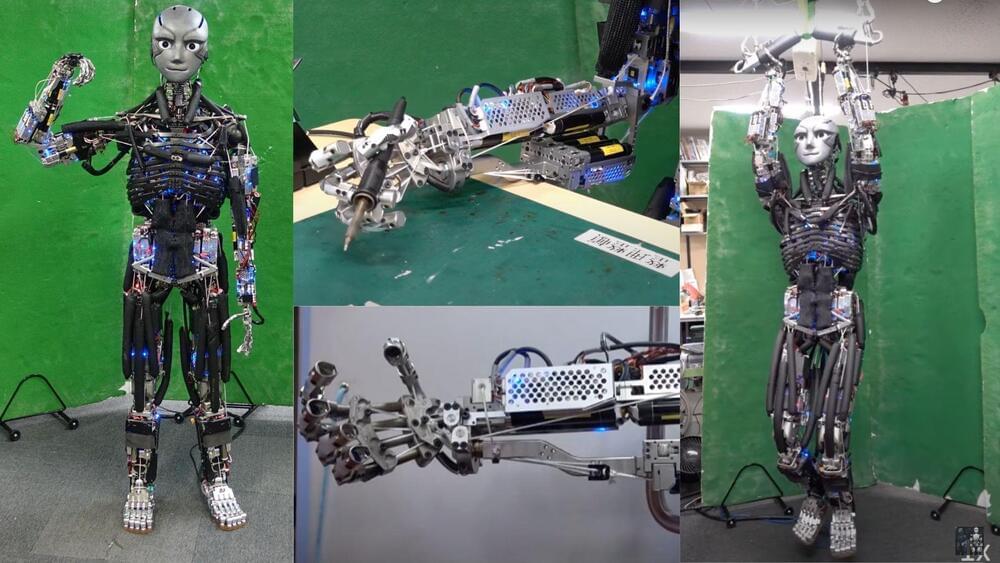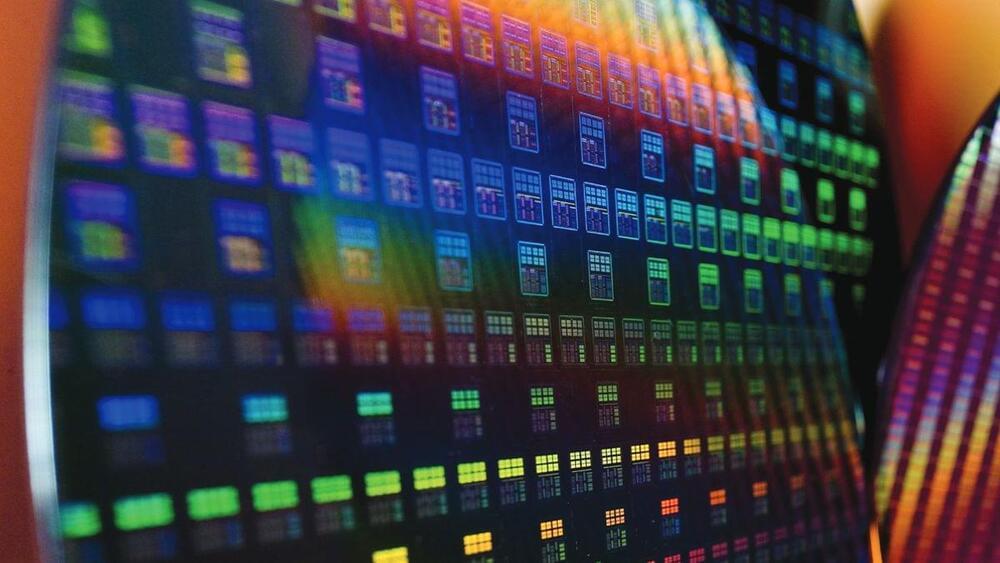
Finally, the goal of any healthcare organization is to provide the best possible care to patients. Predictive AI can contribute significantly to this goal by enabling more accurate diagnoses, tailored treatment plans and earlier interventions.
From the patient’s perspective, this translates to better health outcomes, reduced hospital stays and increased satisfaction with their care. For healthcare organizations, improved patient experiences lead to higher patient retention rates, positive word-of-mouth referrals and better performance on patient satisfaction metrics, which are increasingly tied to reimbursement rates in many healthcare systems.
As we’ve explored, the benefits of predictive AI extend far beyond improved diagnostics and treatment plans. It’s a catalyst for operational excellence, financial optimization, availability of investments and long-term growth. From resource management to building an authoritative brand, predictive AI touches every aspect of the healthcare business environment.

















